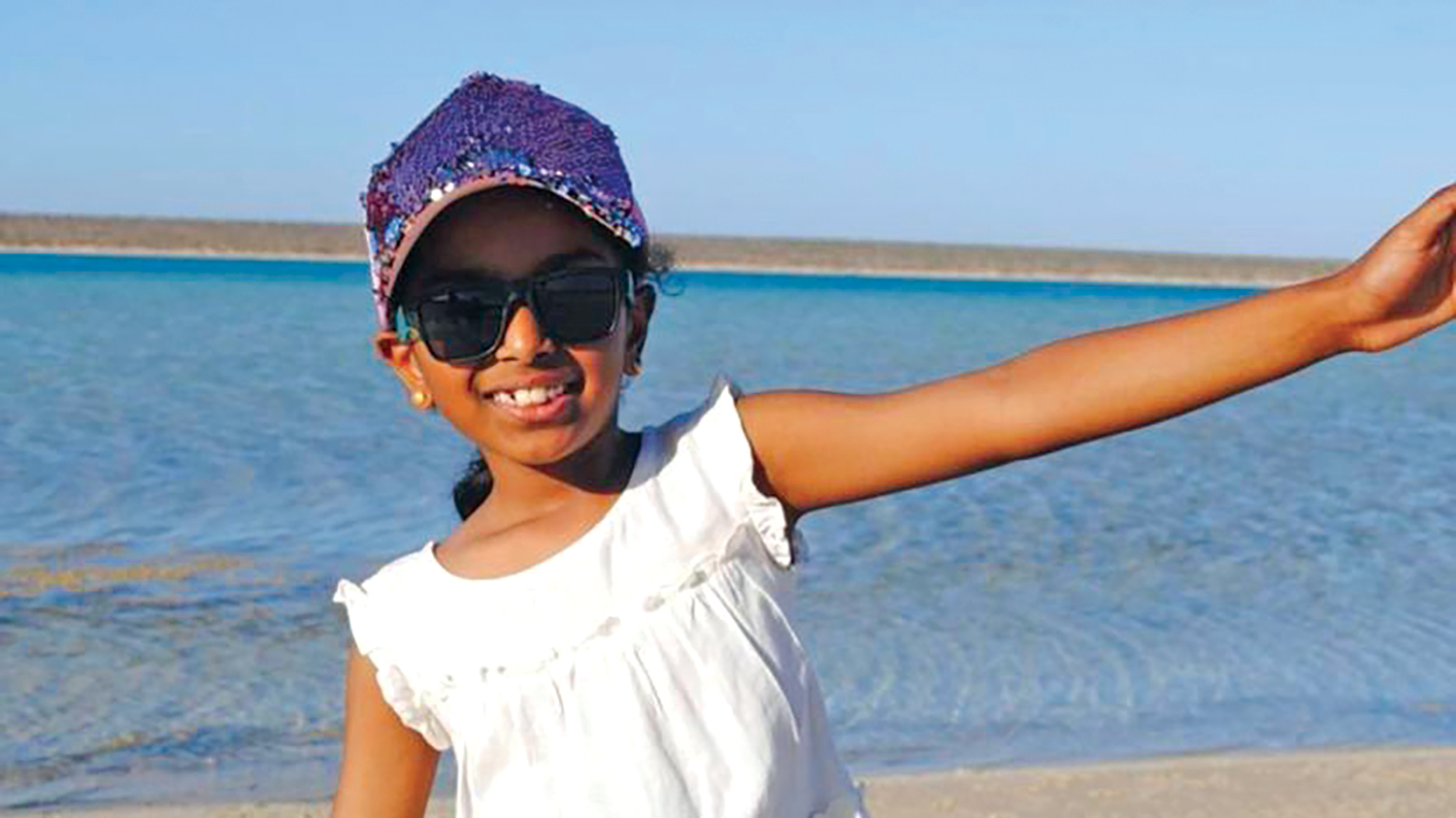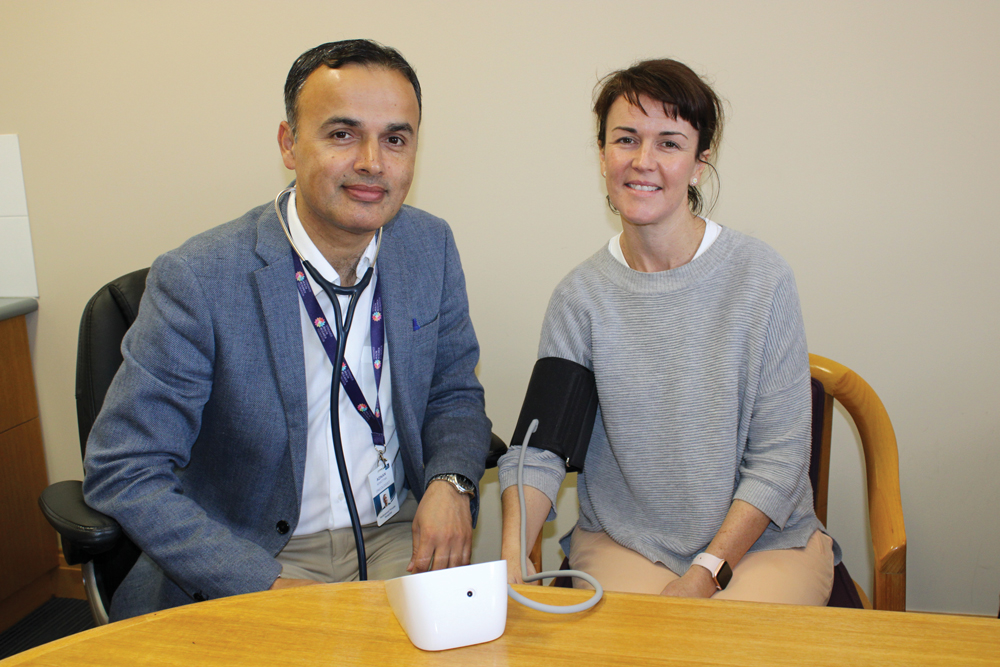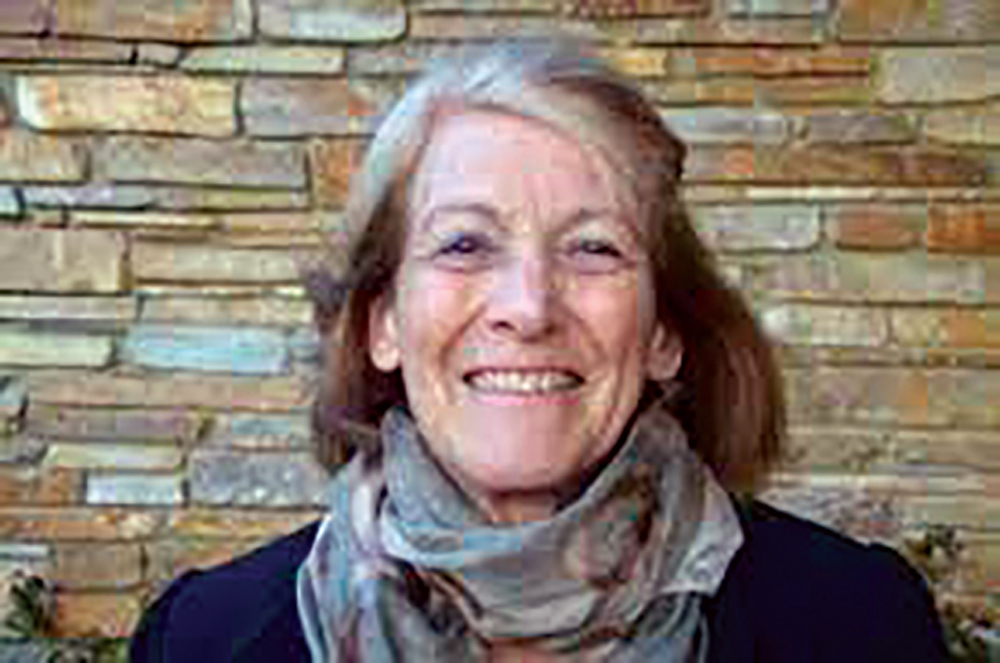
When something’s not right
Perth Children’s Hospital emergency department now features three pink phones that parents can use when they feel their children are not getting the medical attention they deserve.
 The phones are a part of the Aishwarya’s Care Call system, which was created with the blessing of the parents of Aishwarya Aswath, who died at PCH in April last year.
The phones are a part of the Aishwarya’s Care Call system, which was created with the blessing of the parents of Aishwarya Aswath, who died at PCH in April last year.
A report into the incident found Aishwarya’s parents Aswath Chavittupara and Prasitha Sasidharan tried to get the attention of clerks, nurses and doctors in the hospital on five separate occasions, pleading for them to look at their daughter who had a temperature of 38.8C.
Aishwarya’s Care Call is in place at all WA public hospitals, allowing a patient, carer or family member to ask for help if they are worried by changes in someone’s medical condition.
Signs throughout hospitals outline the escalation process, including how to make a phone call if the matter is urgent.
VAD six months on
A forum to reflect on the first six months of voluntary assisted dying laws in WA will be held on February 10 from 8.45am-12pm. People can attend in person in the G.1 Lecture Theatre at Fiona Stanley Hospital or join the forum online.
It will include presentations from the Voluntary Assisted Dying Board, WA’s VAD State-wide Care Navigator Service, the VAD State-wide Pharmacy Service and the VAD Community of Practice.
Free registration is through eventbrite.com.au.
Outside the square
The 2021 WA Innovator of the Year awards recognised big advances in medicine, with Vision Pharma being named the overall winner. Vision Pharma, a joint venture between the Lions Eye Institute and PYC Therapeutics, was recognised for its innovative VP-001 to treat retinal diseases. Spearheading much of the work is Dr Fred Chen, who has dedicated his career to solving the mystery behind inherited retinal diseases, the leading cause of youth blindness.
The Rio Tinto Emerging Innovation award went to Navier Medical for ‘Apricot’, its advanced coronary artery assessment. The Business News Great for the State Platinum Award went to VeinTech for its VeinWave technology.
The Wesfarmers Wellbeing Platinum Award was won by VitalTrace for its novel device for monitoring babies during childbirth.
Debt plan on the money
WA’s leading GP training organisation has welcomed a Federal Government scheme to wipe the university debt of doctors and nurses who work in rural, regional and remote areas from this year.
WA General Practice Educating and Training chief executive officer Professor Janice Bell said the State was investing in training and placing GPs where they were most needed, and this incentive could make the difference in where they chose to work.
“This could prompt a surge of interest from trainee doctors — and we would welcome the opportunity to talk to any who are considering making general practice their specialty,” she said.
“Just one GP in a small community makes a massive difference.”
WAGPET placed 170 trainee doctors rurally in the last year – the biggest rural placement of the past five years – and this has increased to 177 for 2022.
A diabetes double
WA diabetes charity Diabetes Research WA is funding two new projects, including a pilot study into the use of oral insulin in type 1 diabetes that could be a game-changer for those with the chronic autoimmune condition.
Dr Mary Abraham, from the Telethon Kids Institute and Perth Children’s Hospital, has secured $60,000 from the 2022 diabetes research grants program to do a 12-week study to see if oral insulin can be used alongside injected insulin.
Another project has also received $60,000 to investigate a new way to tackle disease-inducing chronic inflammation linked to type 2 diabetes.
UWA’s Professor Kevin Pfleger, Dr Elizabeth Johnstone and the molecular endocrinology and pharmacology laboratory team at the Harry Perkins Institute are working with Monash University colleagues to find ways to block a newly-discovered diabetes pathway.
The group has found that key proteins on the surface of cells involved in chronic inflammation – called immunoglobulin-like cell adhesion molecules – are turned on by the process of transactivation, when other G protein-coupled receptor molecules on the cell surface are switched on. They hope to develop smart inhibitors of this pathway to keep inflammation under control and prevent type 2 diabetes complications such as atherosclerosis and kidney disease.
Their work will use bioluminescence resonance energy transfer technology, of which Professor Pfleger’s laboratory is a world-leader.
Pandemic ups and downs
A national study of Australians’ responses to COVID-19 public health measures has found strong acceptance for such protective moves as physical distancing, hand hygiene and even lockdowns.
Flinders University researchers, as part of a team of regional health experts in Western Australia, the Northern Territory, Queensland, Victoria and South Australia, analysed feedback from 90 adult participants about their perceptions of the large-scale interventions rolled out during the first wave of the pandemic in 2020.
Lead author Associate Professor Narelle Campbell said that in spite of negative impacts of public health directives, such as mental wellbeing and restrictions of movement connected to lockdowns, people recognised the pandemic’s silver linings such as safety and security, community resilience and the opportunity to reset priorities.
But a separate study by the Bankwest Curtin Economics Centre found the pandemic has significantly increased loneliness among Australians, with adverse health outcomes costing up to $2.7 billion per year.
Young people, particularly women, have been hardest hit, resulting in more risk-taking behaviours due to mental, physical health decline. However, the report did find that public trust in government had been boosted because of COVID-19.
 Vaccine trial hot-spot
Vaccine trial hot-spot
Hollywood Private Hospital has become the top recruiting site for a global clinical trial of a melanoma vaccine.
The hospital’s Professor Adnan Khattak, above, is the world’s top recruiter for the Moderna trial, which is investigating personalised mRNA cancer vaccines. Moderna is looking at whether mRNA technology is effective in harnessing the body’s immune system to identify and kill cancer cells.
Using cloud-based computing and a specifically developed algorithm, researchers hope to create individualised cancer vaccines to deliver custom-tailored medicines for each patient.
They will use a personalised mRNA cancer vaccine in combination with an immune inhibitor and compare it with treatment using the immune inhibitor alone.
Affinity Clinical Research, which is partnering with Prof Khattak, had enrolled 17 patients into the study by the end of last year.
GP kudos
The Royal Australian College of General Practitioners’ national award winner for community project of the year was picked up by Broome’s Dr Khean Shang Wong for his work treating parasitic worms in the Kimberley region.
Dr Wong said he was proud to receive the award for a project which had directly contributed to healthcare improvement and positively impacted the local community.
“Parasitic worms may not be a popular topic, but it is a serious health issue in the Kimberley region, and anyone can get it,” he said.
“I recognised part of the problem where I work was a lack of community awareness. There are simple steps people can take in terms of prevention and treatment, so I put together posters to help raise awareness across the region, as well as clear guidelines for managing parasites, which have been useful for patients.”
 Stroke of luck, for some
Stroke of luck, for some
WA Health’s expanded State-wide telestroke service is now in full swing, providing access to consultant neurologists by phone as well as real-time access to integrated communication and image viewing technology.
Phase one of the $9.7 million expansion includes a State-wide stroke consultant roster operating Monday to Friday from 8am to 6pm and a single point of entry for suspected acute stroke and transient ischemic attack patients who present across the health system.
It allows doctors in rural, remote and outer metropolitan areas to remotely transfer CT images, data, documentation and visual diagnoses of patients to a dedicated stroke consultant.
More than 30 stroke patients across WA had life-saving care through specialist stroke consultant advice in the first month of the service’s expansion last year.
What’s the biggest threat?
Medical colleges across Australia and New Zealand argue that climate change is the biggest current threat to the future of the healthcare system and is calling on the Federal Government to commit to stronger 2030 targets.
The call came as the Royal Australasian College of Physicians released a report by the Monash Sustainable Development Institute which paints a dire picture of the future of the Australian healthcare system under unmitigated impacts of climate change.
The report includes a model of the cost of bushfires of varying magnitudes modelled between 2021 and 2030 inclusive. The analysis predicted the loss of 1480 lives, equating to 4024 years of life; healthcare costs of $69 million; and a $10 billion impact on gross domestic product.
The RACP report has been endorsed by the Royal Australian College of General Practitioners, the Royal Australasian College of Surgeons, the Royal Australian and New Zealand College of Psychiatrists, the Australian and New Zealand College of Anaesthetists and the Royal Australian and New Zealand College of Obstetricians and Gynaecologists.
Other signatories are the Australasian College for Emergency Medicine, the College of Intensive Care Medicine, the Royal Australian and New Zealand College of Ophthalmologists, and the Australasian College of Sports and Exercise Physicians.

Vale Dr Katie Thorne
Bunbury-based doctor Katie Thorne, who died last year at the age of 74 after a battle with ovarian cancer, is being remembered by many for her keen championing of women’s health, particularly the management of menopause and sexual dysfunction.
When she joined the Keough Institute for Medical Research in the late 1990s, she travelled from Bunbury to Perth every fortnight to run a women’s health clinic that became known as “Katie Day”.
In 2014, she was awarded a Rural Health West doctors’ service award.

